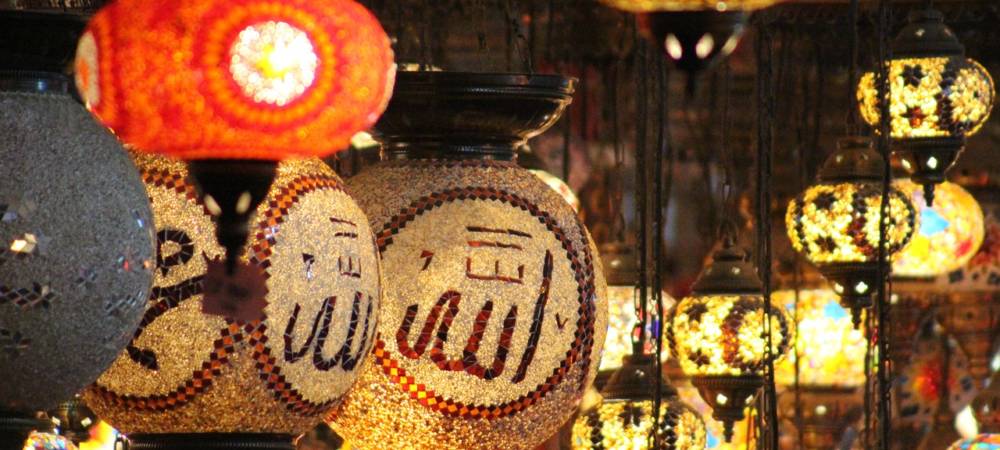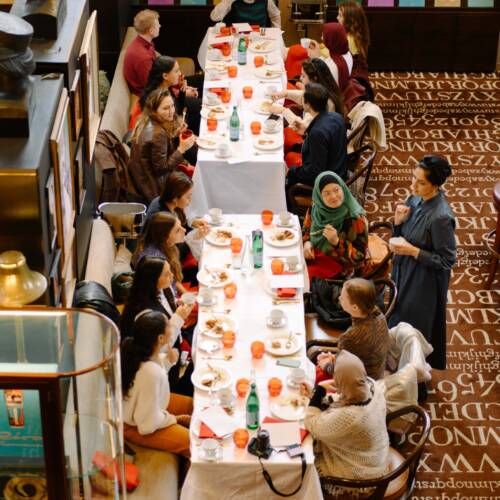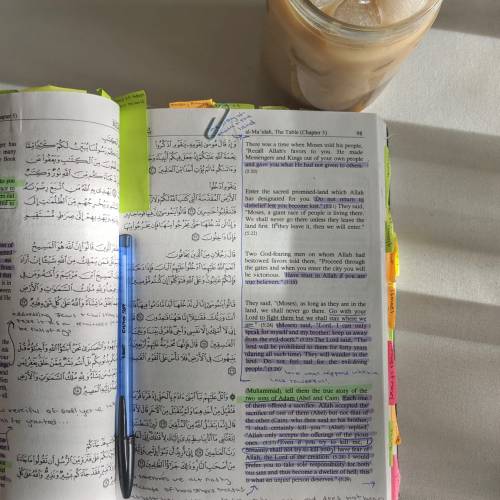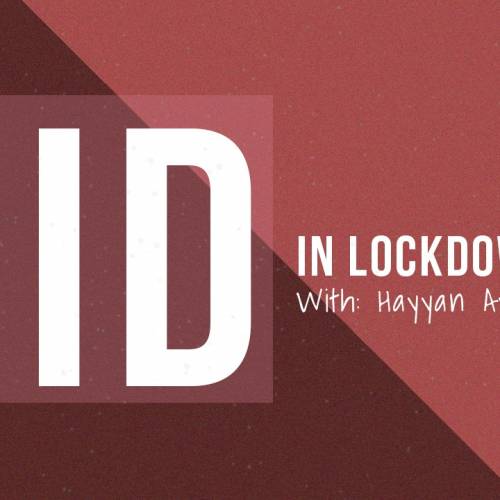
Muslim Businesses Prepare for the Month of Ramadan Under the Shadow of Coronavirus
18 Apr 2020The holy month of Ramadan will be upon us soon, and Muslims around the world will be once again observing the month fasting and in spiritual contemplation. The month is also a bright spot for many businesses. Although fasting involves the abstinence from food and drinks during daylight, iftar and the night time usually brings communities alive. Families gather for lavish iftar meals, bringing a veritable windfall to food companies, especially those dealing with food and confectionaries. Malls, fairgrounds and other public businesses also receive increased patronage during Ramadan. It is a part of Ramadan that many Muslims look forward to. But it is also a billion-dollar economy.
However, it is unsurprising that many of these businesses and their employees will be facing a unique set of challenges during the Ramadan of 2020, in the midst of the coronavirus pandemic. Businesses benefiting from Ramadan are expected to feel the pinch of social isolation, with families having to hold back on large gatherings, lavish meals or outings. The suspension of many businesses also mean that workers and families are likely to find themselves out of pocket.
How Will The Pandemic Impact Businesses This Ramadan?
Many businesses, especially small and medium businesses, will feel the impact of coronavirus-related downturns during Ramadan. Businesses will be impacted by closures, as well as the reduced incomes of their customers.
Restaurants and food companies are on top of the list. Many of them were looking forward to the Ramadan windfall. However, the closure of non-essential businesses and the implementation of social distancing leave many such businesses with few options. Already, restaurant workers in many Muslim countries are reporting severe losses to revenues. This is likely to be the case in the UK as well. Although some restaurants are resorting to creative ways to reach their customers, many simply don’t have the means to do so. A knock-on effect will see farmers who supply butchers and restaurants during Ramadan. With the meat industry already experiencing a slump, farmers are hoping that the period may provide a slight uplift, especially in light of a similar spike in sales during Easter.
Small market and shop owners who sell their items in street markets will also suffer from the downturn. In Birmingham, the traditional Ramadan bazaar at the Small Heath has been cancelled. Similar public events for Eid al-Fitr in other parts of Birmingham are also being cancelled, leaving small businesses relying on these events at a difficult place. Another sector feeling the pinch of the downturn is the travel industry, especially those specialising in Umrah trips to the Holy Cities of Mecca and Medina. Ramadan always sees an upsurge of Umrah bookings. However, the near-unprecedented closures of the holy sites are leaving travel agencies having to deal with cancellations and refunds. It is expected that the damage to the global Umrah industry will be in the hundred millions of dollars, with Indonesia, the most populated Muslim country, alone expecting to settle a bill of $71 Million.
Impacts on Workers and Employees
Ethnic minorities in the UK have been hit especially hard by the economic downturn. A report by the Independent warned that a third of households across the UK have lost incomes, with more than half of those being black and minority ethnic (BAME). BAME communities including Muslims are likely to suffer disproportionately from the economic downturn, as many are self-employed, low-skilled workers or are working in agency or zero hour contracts that offer little options for support, work-hour flexibility or off-site work. Amidst increased competition for the few remaining jobs and with companies struggling to stay afloat, it is unlikely that many employers will offer flexibility for Muslim workers during Ramadan.
Similarly, Muslims employed in critical services such as the NHS may find fasting difficult to maintain due to the increased demands of their employment at a critical time. Worse, fasting and the resulting fatigue may leave medical workers less able to fight off the disease if they are infected. It is perhaps with such worries in mind that a group of Deobandi scholars in the UK issued a fatwa, permitting medical workers to postpone fasting, warning that fasting during busy shifts could also result in life-threatening mistakes. The situation may be somewhat brighter for workers who are able to work from home.















